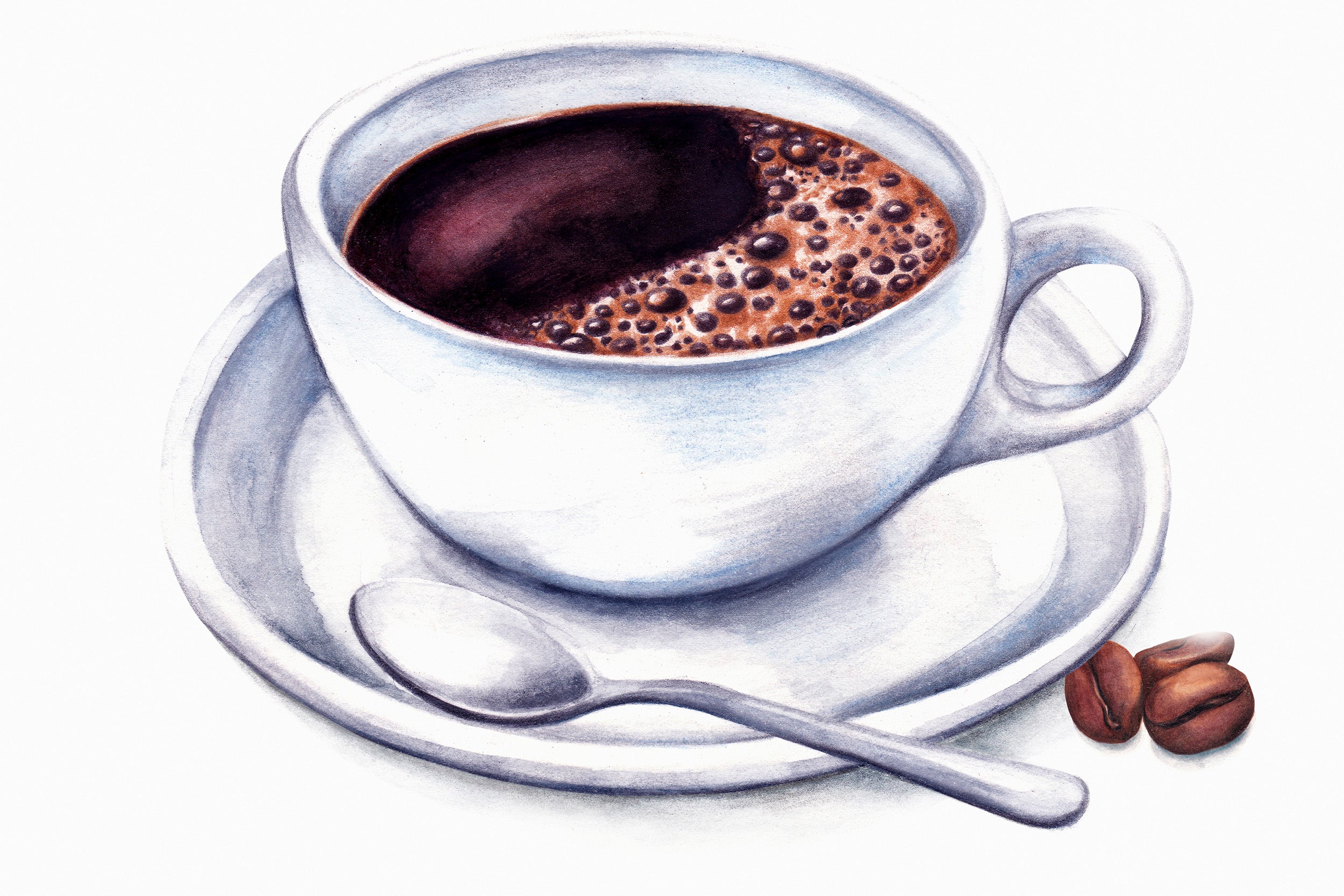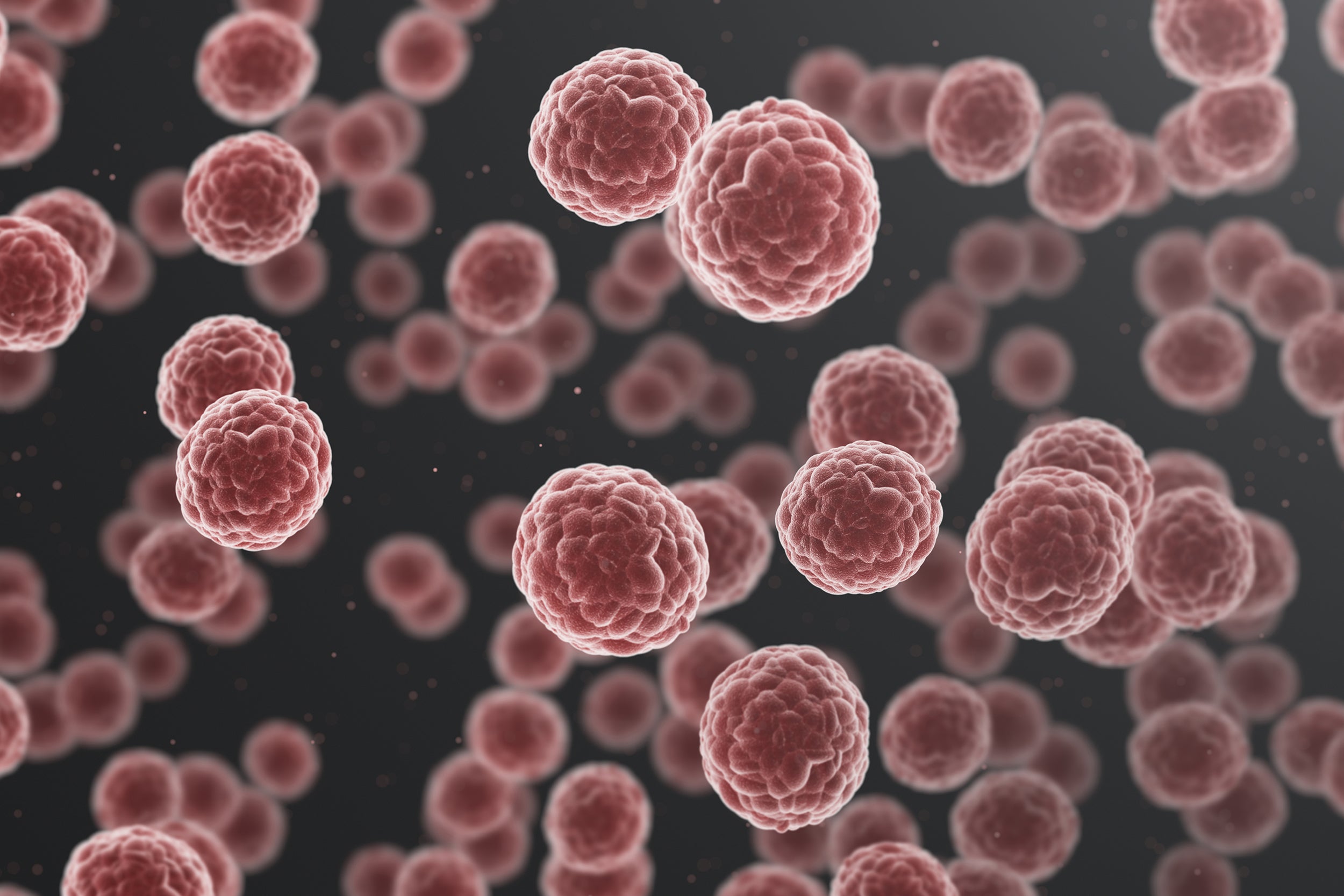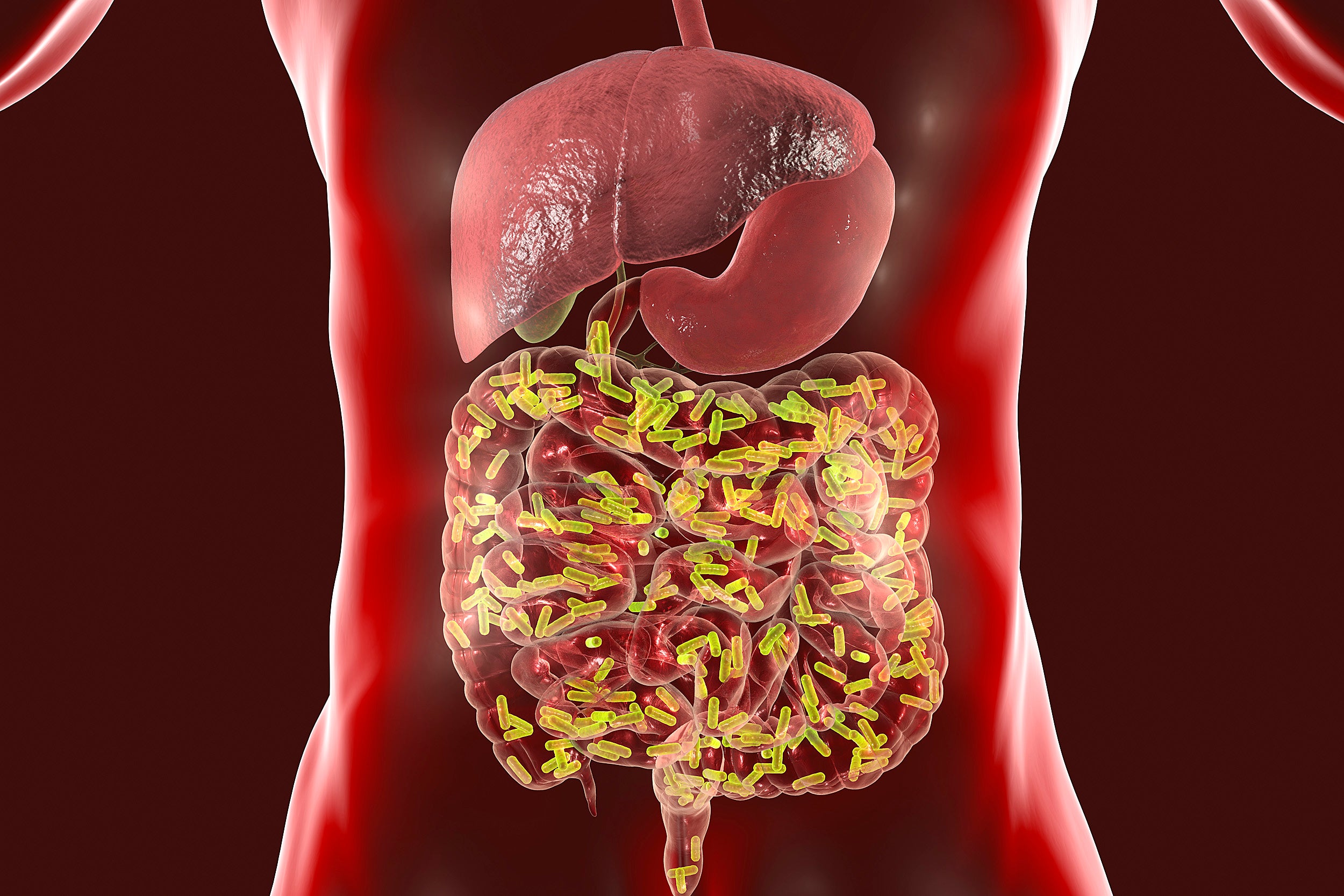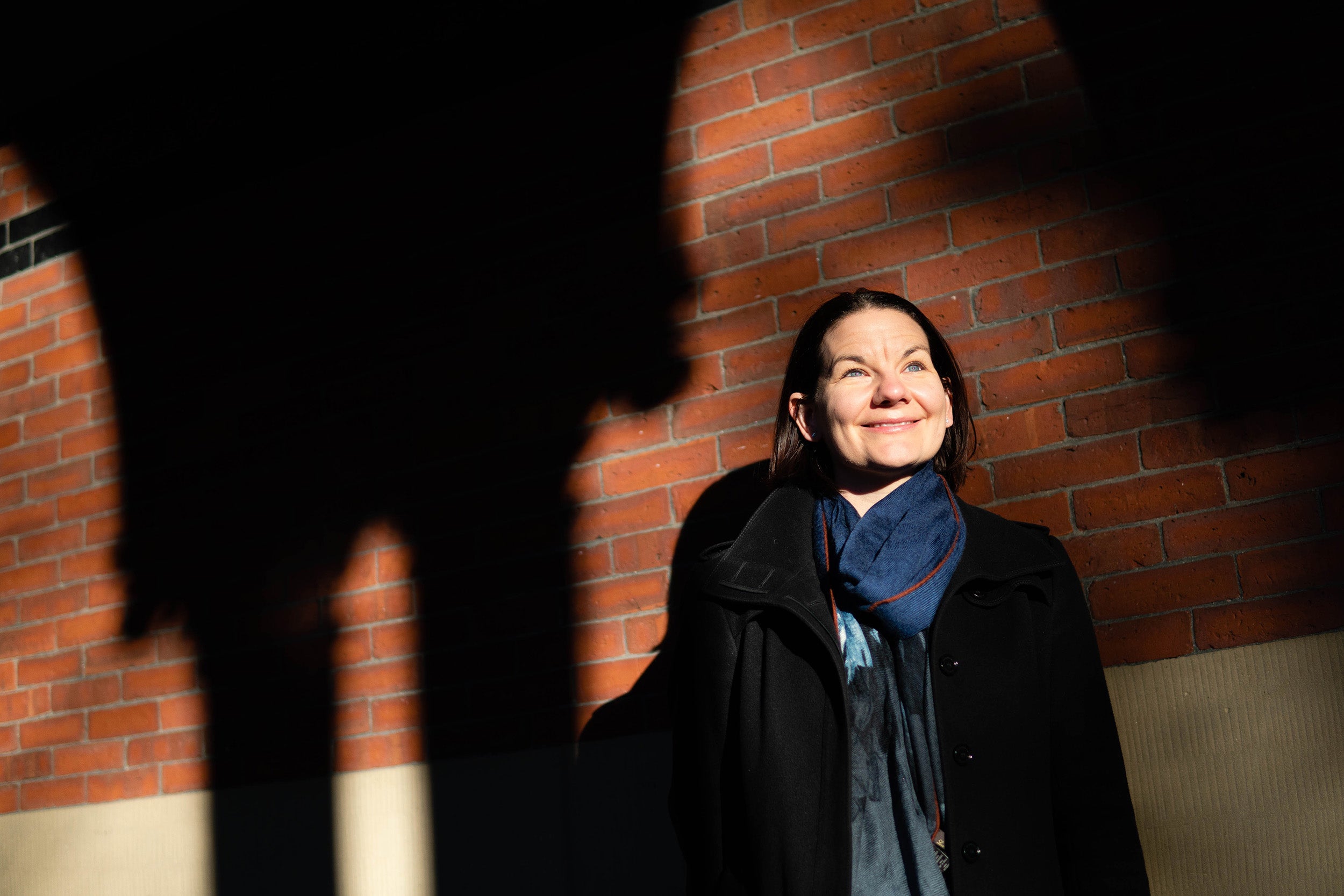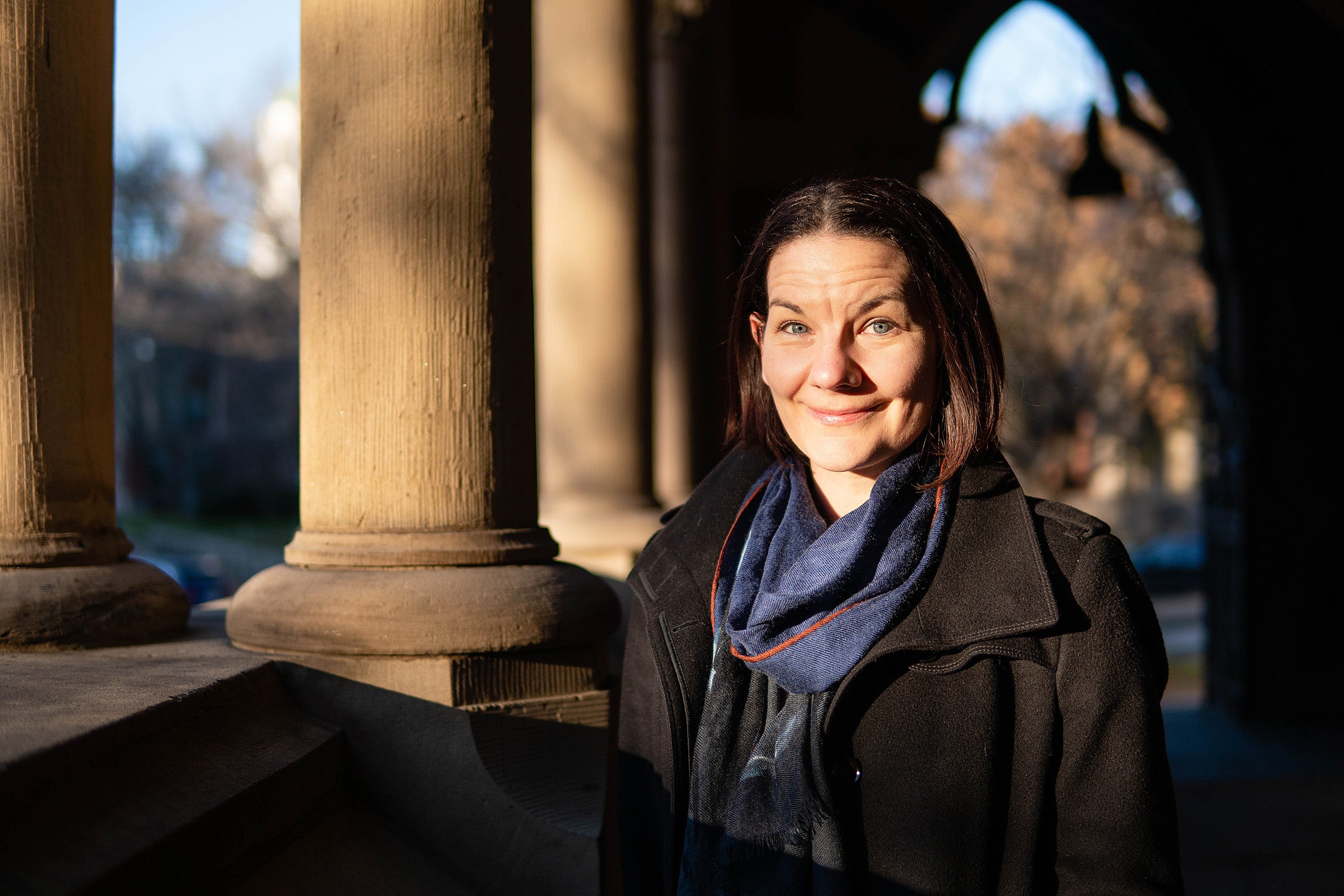Vaginal bacteria must eat to survive — but how?
Chemical analysis brings understudied microbiome into sharper focus.
Aug. 15, 2023 • ~5 min
Expanding our understanding of gut feelings
Women who suppressed emotions had less diverse microbiomes in a study that also found a specific bacterial link to happiness.
April 27, 2023 • ~4 min
New class of enzymes could lead to bespoke diets, therapeutics
Professor Emily Balskus and her team have identified an entirely new class of enzymes that degrade chemicals essential for neurological health, but also help digest foods like nuts, berries, and tea, releasing nutrients that may impact human health.
Feb. 18, 2020 • ~6 min
Creating a reliable clock to track changes in microbiome
The microbiome is a treasure trove of information about human health and disease, but getting it to reveal its secrets is challenging, especially when attempting to study it in living subjects. A new genetic “repressilator” lets scientists noninvasively study its dynamics, acting like a clock that tracks how bacterial growth changes over time with single-cell precision.
Oct. 11, 2019 • ~9 min
/
2

